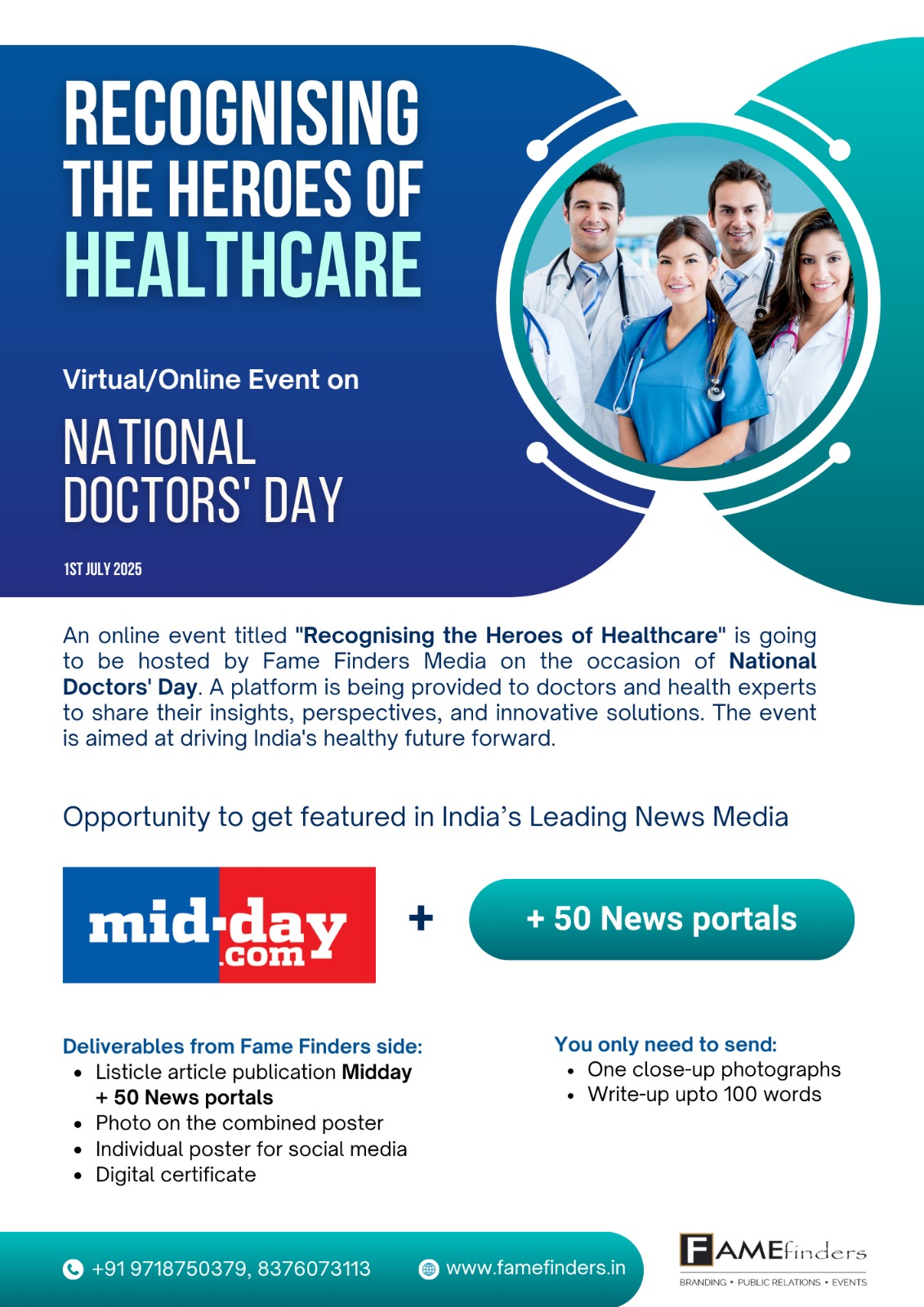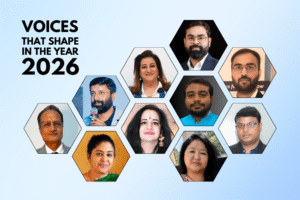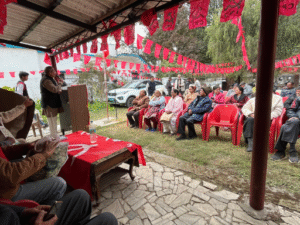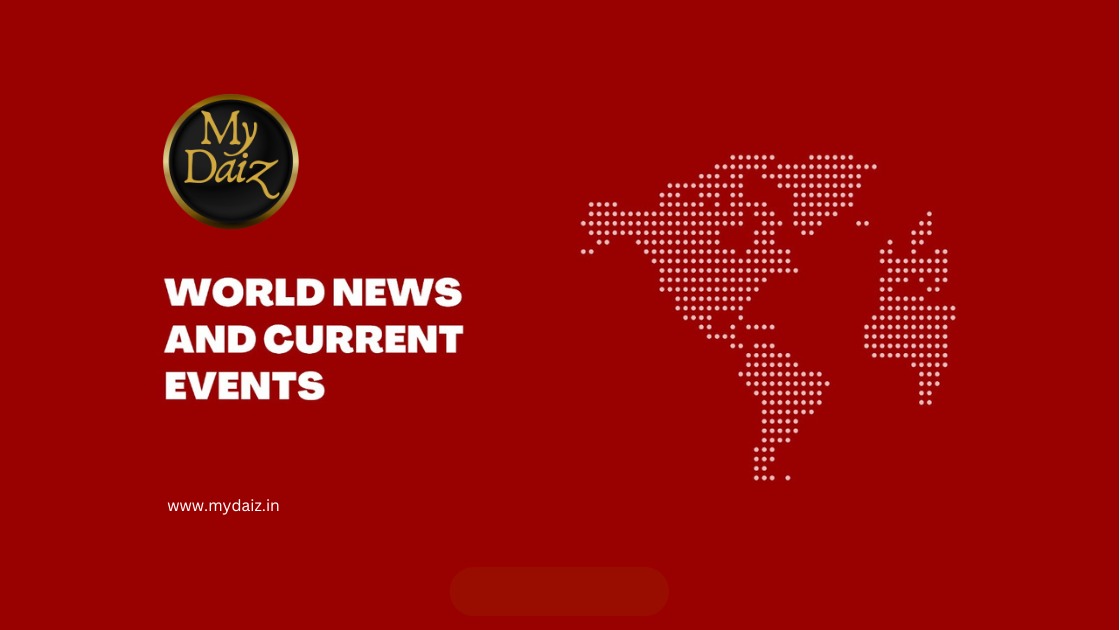Tamil Nadu, a southern Indian state with less than a third of Pakistan’s population, now generates more wealth than the entire country of Pakistan. This striking economic contrast was recently highlighted by Sanjeev Bikhchandani, the founder of Info Edge, in a post on X (formerly Twitter). His message wasn’t just a comparison of GDPs—it was a pointed critique of Pakistan’s political and military priorities.
“Focus on education, infrastructure, and economic development. Forget this obsession with militant Islam, Kashmir, and being anti-India,” Bikhchandani advised. “Stop supporting terror groups. The people of Pakistan will be better off.” His words delivered a stark rebuke to Islamabad’s long-standing geopolitical stance, suggesting that progress and peace are choices—not coincidences.
The data supports his argument. Tamil Nadu’s economy, driven by high-value industries, has crossed $341 billion, surpassing Pakistan’s entire GDP. Once seen as just another provincial state, Tamil Nadu has emerged as an economic powerhouse—leading the way in automobiles, electric vehicles, electronics, software, and renewable energy.
Chennai, the state’s capital, has become a global IT hub, while industrial cities like Coimbatore and Tiruppur are at the forefront of India’s exports in textiles, engineering, and leather goods. Tamil Nadu is also India’s top exporter of electronic products and plays a pivotal role in the country’s clean energy transformation.
Bikhchandani’s critique went beyond numbers—it highlighted the consequences of national decisions. While Tamil Nadu invested in education, technology parks, and infrastructure, Pakistan, he argued, chose to prioritize weapons, proxy wars, and religious extremism.
“Tamil Nadu shows what’s possible when a society invests in its people instead of grievances,” he concluded.
In a region often caught in geopolitical tension, such comparisons tend to stir strong emotions. But Bikhchandani’s message was clear and unapologetic: prosperity stems from policies. And in that regard, Pakistan is still making the wrong choices.







